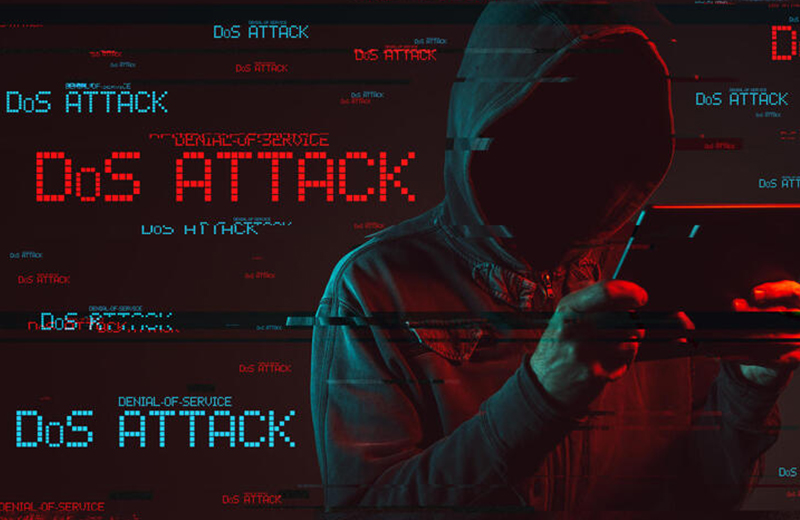
Compared to Q3 2021, the total number of Distributed Denial of Service (DDoS) attacks in Q4 shows an increase of 52%.
This is 4.5 times more than the same time the previous year. These and other findings were published in the new Kaspersky DDoS attacks in Q4 2021 report.
What are DDoS Attacks?
Distributed Denial of Service (DDoS) attacks pose a huge threat to businesses and organisations that provide online services. During such an attack, cybercriminals send multiple requests to the attacked web resource with the aim of exceeding the website’s capacity to handle multiple requests and prevent the website from functioning correctly.
These attacks may last several days, causing huge disruptions for organisations.
From October to the end of December 2021, Kaspersky researchers observed a massive increase in the number of DDoS attacks – a record number in the entire history of Kaspersky’s observations of this threat.
Why Has the Prevalence of DDoS Attacks Increased So Much?
Kaspersky researchers define several reasons for such an increased volume of attacks. Firstly, the last three months of any year are always rich in DDoS attacks.
Online retail peaks due to sales and holidays, exam period for students starts and cyber activists, generally, become more active and this leads to an increase in the number of attacks.
Secondly, the volume of the DDoS market is inversely proportional to the cryptocurrency market. This is due to the capacity for organising DDoS and cryptocurrency mining being interchangeable – botnet owners tend to redirect the power to mining when the cryptocurrency grows and to DDoS when it falls.
This is exactly what Kaspersky observed in the fourth quarter, an increase in the number of DDoS attacks against the backdrop of a sharp drop in the value of cryptocurrencies.
Most of the DDoS attacks in Q4 were reported in the United States (43.55%), China (9.96%), Hong Kong (8.80%), Germany (4.85%), and France (3.75%).
“The DDoS threat landscape is constantly changing, reflecting the current economic and social trends,” comments Alexander Gutnikov, a security expert at Kaspersky.
“We expected the growth of DDoS attacks in Q4 due to the sales season but the unstable situation in the cryptocurrency market put the DDoS landscape on another level completely with an absolute record in the number of attacks. Relying on the trends of previous years, the first quarter of 2022 should not show a significant decrease in DDoS attacks. Thus, we urge implementing professional solutions to safeguard your organisation against DDoS attacks,” Gutnikov concludes.
Edited by Luis Monzon
Follow Luis Monzon on Twitter
Follow IT News Africa on Twitter